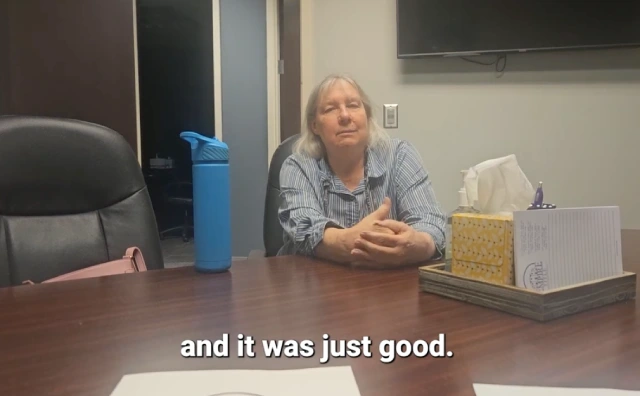 When you inherit your home, the property is typically worth more than what it once was. This excess worth is known as equity. If you were to then sell the home, you could endure huge capital gains taxes. Thankfully, when inheriting property of any kind, the property tax basis is increased to the current value of the home. Now, that sounds confusing. Bear with us here. If you inherit a home that was purchased for, say, $100,000 but is now worth $200,000, you’ll receive a step up from the original cost in terms of capital gains taxes. If you wait, however, and the property is worth $250,000 once you sell, then you’ll owe capital gains tax on the extra $50,000.
When you inherit your home, the property is typically worth more than what it once was. This excess worth is known as equity. If you were to then sell the home, you could endure huge capital gains taxes. Thankfully, when inheriting property of any kind, the property tax basis is increased to the current value of the home. Now, that sounds confusing. Bear with us here. If you inherit a home that was purchased for, say, $100,000 but is now worth $200,000, you’ll receive a step up from the original cost in terms of capital gains taxes. If you wait, however, and the property is worth $250,000 once you sell, then you’ll owe capital gains tax on the extra $50,000.
When You Pay Capital Gains Tax
These are the basics of capital gains tax payments on inherited property, but it’s not so clear-cut at all times. If you were given the property instead of receiving it upon the death of the original owner, then the tax basis is $100,000. If you then sold the house, you would need to pay capital gains tax on the difference, which would be $100,000 (if the new worth is $200,000).
You can avoid these taxes, though. If you live in the house for at least two years prior to selling it, you can exclude up to $250,000 ($500,000 for a married couple) of capital gains. This exclusion would be registered on your tax form to the IRS in the coming year.
Let’s look at one more situation. If you sold the home for less than its current worth, included the stepped-up basis, you have what is known as a capital loss. A capital loss can be deducted, assuming you do not use the home as your primary residence. However, just $3,000 of losses can be deducted against your earned income for the year. Anything over that amount must be carried over to the following year for tax purposes.
If you’re interested in selling your home and avoiding a lot of hassle, call Sell My House Today for a cash offer within 24 hours. We’re available at (719) 301-2644!



